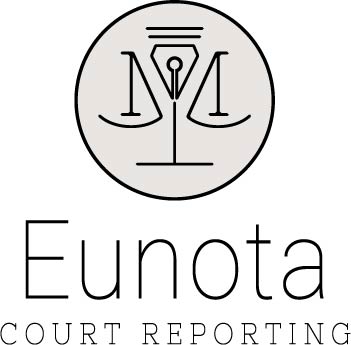Video conferencing services explained
Video conferencing is a tool used to connect two individuals or parties via the internet using a webcam and mic. The webcam allows both parties to see each other, and the mics allow for audio to be exchanged. The result is a very close feeling to being in person. Video conferencing is also commonly referred to as “Skyping” or “Facetiming” due to frequent use of the Skype and Facetime platforms.
How it can be used professionally
Meeting via video conference is a great way for two parties to meet on a professional or legal matter because it significantly reduces travel costs. In-person meetings when participants are in different cities, provinces, or even countries are expensive when you factor in hotels, transportation, and time spent travelling. This tool enables people to meet in their place of work (or nearby) and optimizes productivity. Common platforms for professional use include Zoom and WebEx.
Video conferencing improves attendance
Another common issue with all professional fields is attendance to meeting – people have busy schedules and when you factor in various locales, it can make it next to impossible to find a time and place that works for everyone. Video conferencing solves this problem by allowing participants to meet anywhere there is an internet connection.

Use for legal purposes
Meeting for discovery or deposition is important, and the benefits of video conferencing discussed above is now gaining ground in the legal field. This is not surprising as there is commonly absenteeism for these important meetings due to travel concerns and/or availability. This is especially true if parties are in conflict and do not want to be in the same room. Video conferencing is able to successfully engage two people for questioning, and when a Commissioner of Oaths is present, the person being questioned can be sworn in or affirmed to ensure it is in accordance with regulation. If the matter is going to trial, the matter can also be transcribed.
Access in New Brunswick
In New Brunswick, there are many people living in rural communities that require legal services that are unable to afford the travel costs associated with discovery, deposition, and trial. Eunota Court Reporting is available to travel to your location of choice to provide legal administrative assistance to help reduce legal costs. Because Eunota also offers Commissioner of Oaths services, a lawyer does not need to be physically present – together, we can video conference your legal counsel.
Book Eunota Court Reporting Today!
Eunota Court Reporting is able to travel to any town or city in New Brunswick including (but not limited to) Campbellton, Bathurst, Edmunston, Grand Falls, Saint John, Fredericton, Sussex, Sackville, Shediac, Bouctouche, Rexton, Miramichi, St. Andrews, and Oromocto. We are a bilingual service and would love to connect and discuss your needs. If you are interested to learn more, please contact us today.

